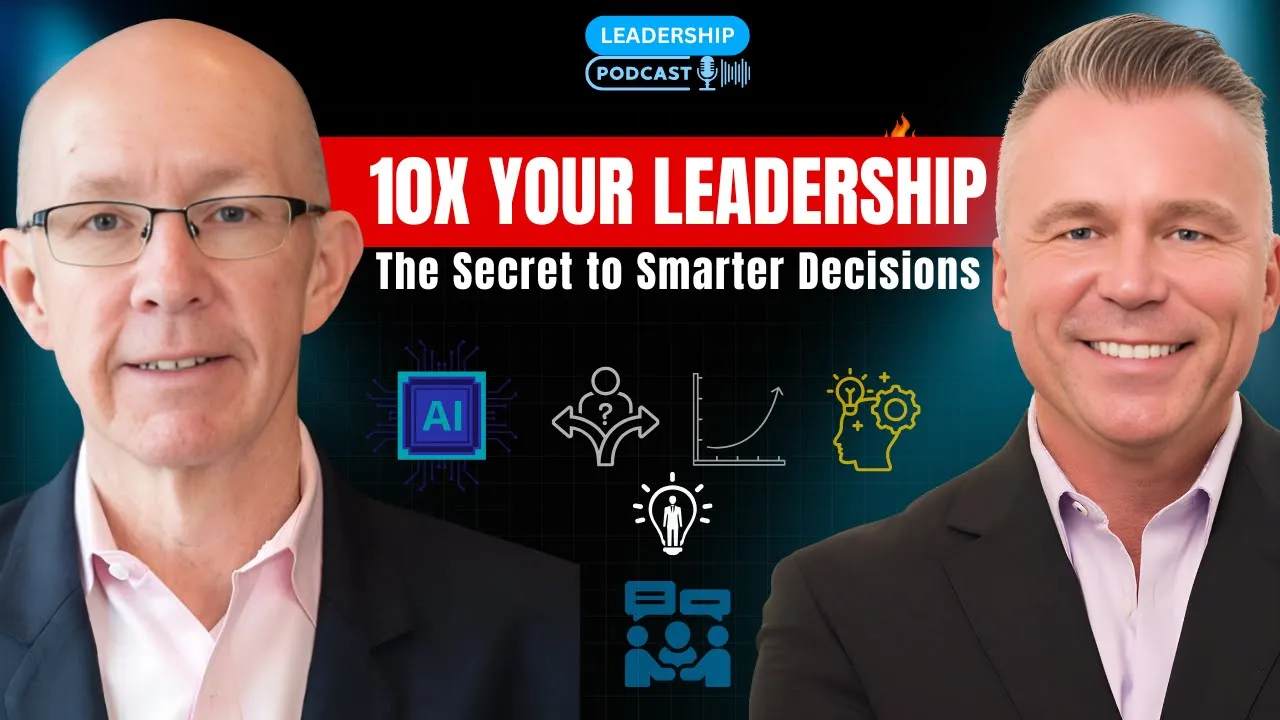The idealized picture of success frequently depicts a straight path, complete with major turning points and uninterrupted streaks of accomplishment. The situation is very different, though, for people who have achieved the very top in their industries. There will be many times of doubt, failure, and setbacks on the road to success. The capacity to get back up after each setback, rather than a lack of setbacks, is what distinguishes successful people. The foundation of long-term success is this trait: resilience.
Confront failure: an essential aspect of personal development
There will always be times when you fail. We all experience failure from time to time, whether it’s a blown chance, a bungled strategy, or a major setback. However, a society that typically focuses on success stigmatizes failure. People with this outlook may be less likely to try new things or push themselves beyond of their comfort zones because they are afraid they may fail.
Still, there are few things that may educate you more than failure. Lessons that success seldom can teach are provided by each setback. It makes one think critically, hone their problem-solving abilities, and have a better grasp of what does and does not work. One of the characteristics of creativity and progress is a readiness to fail.
The significance of failure:
1. Gain experience: Making mistakes allows you to learn in a way that books and classrooms just can’t.
2. Encourage flexibility: Failure empowers you to change direction and discover different approaches.
3. Increase self-awareness: It makes you face your flaws and figure out how to fix them.
4. Encourage risk-taking: Failure teaches you that it’s not the end, but a stepping stone.
The key to overcoming adversity and achieving your goals
Being resilient means you can keep going even when things are tough, adjusting to new situations, and recovering quickly from failures. The key is not to run away from adversity but to rise above it. People who are resilient know that setbacks are just that—setbacks—and they use them as learning experiences.
Here are characteristics of people who are resilient:
- They believe in possibilities, viewing adversity as a chance to grow instead of as a threat.
- They regulate their emotions, keeping a level head and looking for solutions when faced with challenging emotions.
- They perseverance, continuing to move forward even when things get tough.
To have faith in one’s own abilities to triumph despite adversity is to possess self-belief. When you’re resilient, setbacks don’t get you down; they get you ready to succeed. In the face of seemingly insurmountable challenges, resilience provides the conceptual framework that keeps people going.
Lessons from great leaders’ fumbles
Every inspiring tale of triumph over adversity has its roots in a string of setbacks. Think about these instances:
It is said that Thomas Edison, the man responsible for inventing the light bulb, tried and failed more than a thousand times before finally succeeding. Edison famously said, “I have not failed,” when questioned about his repeated failures. I’ve just discovered ten thousand ineffective ways.
Despite being fired early in her career for being “unfit for television,” Oprah Winfery transformed that setback into a foundation for a media empire that would later become one of the most powerful in history.
Author J.K. Rowling encountered numerous publisher rejections prior to the Harry Potter series’ meteoric rise to fame. A previously rejected novel became one of the best-selling book series ever because to her perseverance.
These tales remind us that setbacks are just stepping stones on the road to success.
Strategies to developing resilience
A person can learn to be more resilient; it’s not something you’re born with. Here are some practical ways to strengthen resilience and accept setbacks as learning opportunities.
1. See setbacks as opportunities for growth
Take a lesson from every setback. Look inward and ask, “What went wrong? How can I improve for the future?” By changing one’s perspective, failure is seen as a stepping stone rather than an endpoint.
2. Establish reasonable goals
Keep your focus on the big picture and accept that failure is inevitable.
3. Establish a system of support
In difficult times, seek the advice, support, and insight of trusted adults, whether friends, classmates, or mentors.
4. Be kind to yourself
When you fail, be kind with yourself. Being compassionate toward yourself is the same as being compassionate toward a friend who is going through a tough time.
5. Pay attention to the things you have control over.
Focus on doing something that will get you closer to your goal instead of worrying about things you can’t change.
6. Acknowledge minor successes
Keep track of and reward every step forward, no matter how tiny. By doing so, you can maintain your motivation and look on the bright side.
Resilience pays off
The depth and sustainability of success are frequently diminished when not facing obstacles. Overcoming obstacles and adjusting to new situations are the hallmarks of true success. Not only do resilient people succeed, but they also motivate others to face adversity head-on.
In addition, being resilient encourages one to be creative and innovative. Individuals are more likely to experiment, take measured risks, and explore unexplored areas when they no longer fear failing. These behaviors are crucial for progress.
Failure is a necessary component of success, rather than the polar opposite. There is a chance to learn, change, and improve with every obstacle you face. Failures can be turned into stepping stones to success if you learn to be resilient.
When facing the obstacles on your own path, remember: What matters is not the number of times you fall, but the number of times you get back up. There is potential for growth in every setback. Embrace it, take lessons from it, and use resilience as a compass to reach new heights.
#Resilience, #OvercomingFailure, #PersonalGrowth, #SuccessStrategies, #Adversity, #LeadershipLessons, #EmotionalStrength, #GrowthMindset, #Persistence, #SelfBelief, #ProblemSolving, #InspirationalStories, #RoadToSuccess, #Motivation, #AchievingGoals
Source: INC









